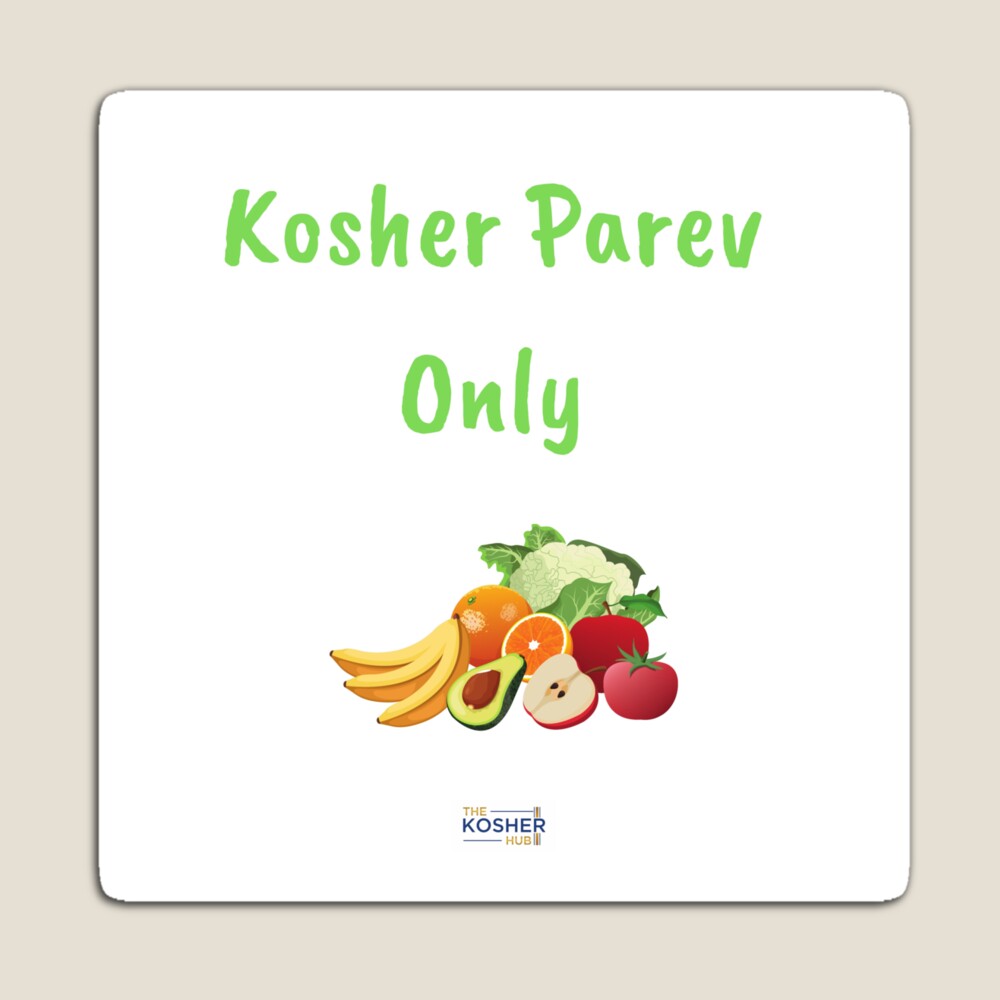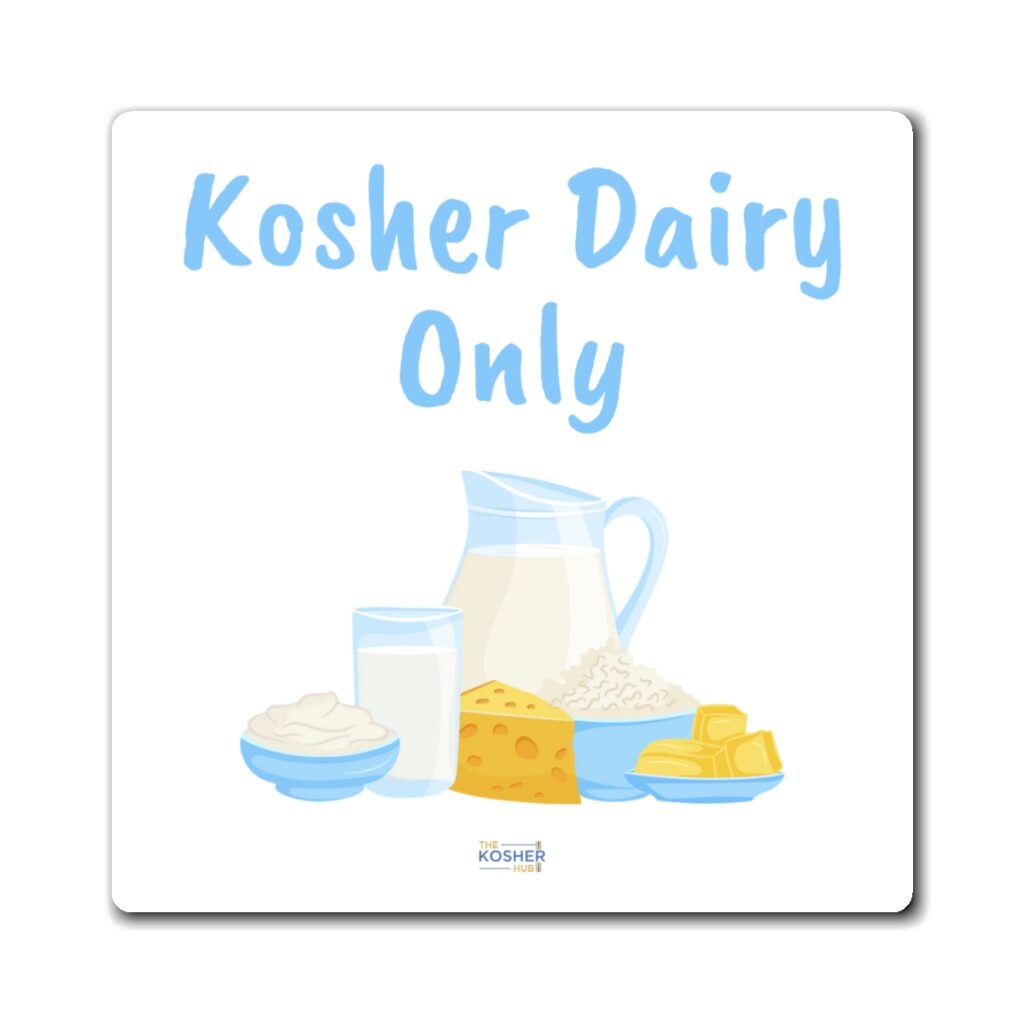What does Kosher Mean?
“Kosher” is derived from the Hebrew word kashér, meaning “fit” or “proper.” In dietary terms, it refers to foods that comply with Jewish dietary laws. These laws dictate not only which foods are permissible but also how they must be prepared and consumed.
2. What Are the Basic Rules of a Kosher Diet?
Key principles include:
Permissible Animals: Only certain animals are allowed. For land animals, they must chew their cud and have split hooves (e.g., cows, sheep). Seafood must have fins and scales (e.g., salmon, tuna). Pork and shellfish are prohibited .
Separation of Meat and Dairy: Meat and dairy products cannot be consumed together. This separation extends to cooking utensils, serving dishes, and even waiting periods between consuming one after the other .
Proper Slaughtering: Permitted animals must be slaughtered in a specific manner by a trained individual, ensuring minimal suffering and complete blood drainage .
Inspection for Insects: Fruits and vegetables must be inspected for insects, as consuming them is not allowed.


3. What Foods Are Allowed or Forbidden?
Allowed:
Meat: Beef, lamb, goat, and certain poultry like chicken and turkey, provided they are slaughtered and prepared according to kosher laws.
Fish: Species with fins and scales, such as salmon and tuna.
Dairy: Milk, cheese, and yogurt from kosher animals, not mixed with meat.
Pareve: Neutral foods like fruits, vegetables, grains, and eggs, which can be consumed with either meat or dairy meals .
Forbidden:
Pork, shellfish, and any meat not slaughtered according to kosher laws.
Mixing meat and dairy in the same meal.
Insects and certain animal fats .
If you are in Israel here is what a kosher diet might look like
🇮🇱 Kosher Meal Plan in Israel
Israelis often eat Mediterranean-style meals, with fresh vegetables, olive oil, legumes, and grilled meats. Many foods are inherently kosher or easily available with certification.
🧆 Breakfast (Dairy/Vegetarian – common in Israel):
Fresh Israeli salad (tomato, cucumber, parsley, lemon)
Labneh or cottage cheese
Hard-boiled egg or shakshuka (poached eggs in tomato sauce)
Fresh pita or whole grain bread with olive oil and za’atar
Turkish coffee or mint tea


🍗 Lunch (Meat Meal):
Grilled chicken thighs or schnitzel
Couscous or rice with herbs
Cooked carrot or eggplant salad
Hummus or tahini on the side
Water or soda (no dairy due to meat)
🥣 Dinner (Light Dairy or Pareve):
Lentil or vegetable soup
Burekas with potato/mushroom filling
Side of pickled vegetables
Fresh fruit or halva for dessert
The Next Upcoming Jewish Holiday is Shavuot from June 1-3 2025
Get prepared with some of these best sellers from Amazon….
“As an Amazon Affiliate we earn from qualifying purchases”
If you live in the USA here is what a Kosher Diet might look like
🇺🇸 Kosher Meal Plan in the USA
American kosher meals often blend Ashkenazi Jewish traditions with modern health-conscious foods and international cuisine.
🥯 Breakfast (Dairy):
Bagel with cream cheese and lox (certified kosher)
Orange juice or coffee with milk
Fresh fruit
🥪 Lunch (Meat or Pareve):
Turkey or roast beef sandwich on rye (with kosher meat, no cheese)
Pickles and coleslaw
Potato chips
Soda or iced tea
🍲 Dinner (Meat Meal):
Brisket or grilled salmon (fish meals are common on weekdays)
Roasted potatoes or quinoa
Steamed broccoli or green beans
Parve dessert like sorbet or a cookie made without dairy
4. Why Do People Follow a Kosher Diet?
While rooted in religious tradition, reasons for adhering to a kosher diet include:
Religious Observance: Following commandments outlined in the Torah.
Cultural Identity: Maintaining a connection to Jewish heritage and community.
Health Considerations: Some perceive kosher foods as cleaner or healthier due to strict preparation standards.
Allergy Management: Clear labeling of kosher foods can aid those with dietary restrictions .










